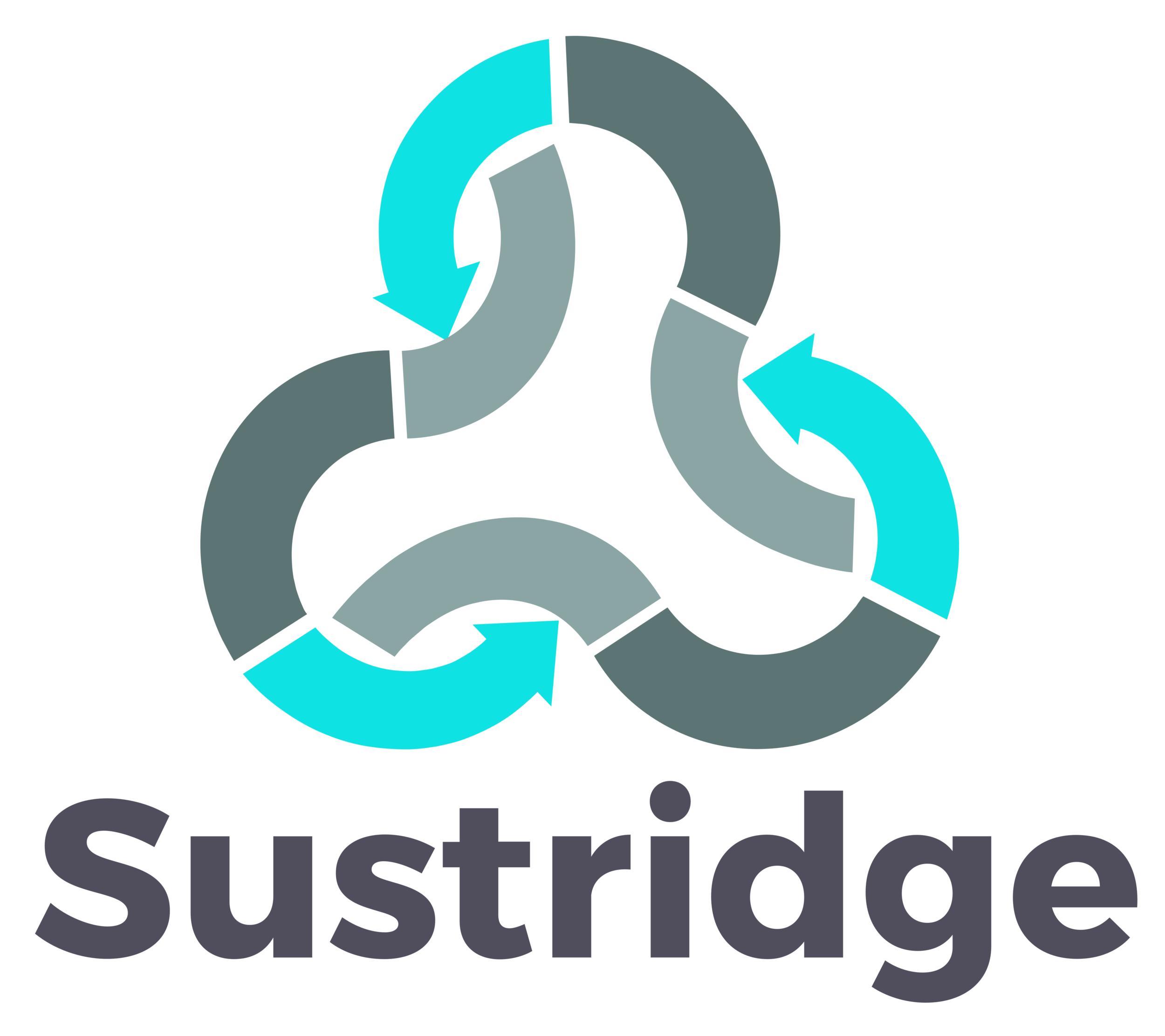Brittany Bennett - Executive Director of Engineers for a Sustainable World
Brittany Bennett is the Executive Director of Engineers for a Sustainable World (ESW) where she leads an international organization, tackles messy sustainability challenges, and uses data science as a tool to drive social change. A firm believer that people can engineer change, Brittany uses her data analytical know-how to uncover valuable insights behind the need and impact sustainable projects have in communities worldwide. Prior to taking the helm at ESW, she served as the Development Director for The Climate Mobilization—a national climate change advocacy nonprofit—using data analytics to develop a national major gifts program and peer-to-peer fundraising campaign.
Brittany Joins Sustainable Nation to Discuss:
The important role of engineers in solving the world's sustainability problems.
Educating and engaging Millennials and Gen Z's around sustainability.
The rise of sustainable engineering on campuses around the country.
Advice and recommendations for sustainability professionals.
Interview Highlights:
Tell us about the rise of sustainable engineering in these colleges and university campuses.
We know that more and more young people are interested in creating real world change. It may be a cliché to say, Ooh, you know, I want to make a difference in the world." But that's very much the case for students these days and the way we talk about engineering has changed. We now frame it as using science and math for the benefit of humanity and that language is really, really exciting for students entering college. They're the ones driving the change to find ways to apply engineering to solve sustainability challenges. So, colleges and universities are keeping up with this demand by offering more courses in sustainable engineering and at this point you can go get a master's degree in sustainable engineering, and I think a handful of colleges are offering bachelor's degrees in sustainable engineering. But we find that students still want to do more. They want to get their hands dirty working on projects that will make a difference as early as their first year and as early as their first semester as I experienced. That's why ESW has been so successful, because we provide that outlet and opportunity for students to engage in real world engineering with a real impact outside of the classrooms. So, what ESW does is provide an essential part of the student's education on their path to become engineers for change.
How about the overall Millennial and Gen Z population as far as educating them? What advice can you give or recommendations on how we educate these young generations? Is there a different way we need to approach Millennials and Gen Z about sustainability and climate issues?
I believe there is a difference. So, universities and colleges do a great job of teaching the fundamentals of engineering to students. We know that every ABA accredited program teaches students the math they need to know, thermodynamics, circuits, you name it. However, universities just don't have the capacity to teach students everything they need to know before they become engineers. Sometimes the classroom isn't exactly the best place to learn the lessons that these students need to know. So, we believe that students need a chance to get their hands dirty and need to do work outside of the classroom to really become fully fledged engineers. In essence, they need to start applying the skills they're learning in the classroom before they get their first job. I don't know if you've heard this, but in engineering we have a phrase, "You need to fail fast to succeed sooner." So, we give students the opportunity to work on real problems that put their engineering know-how to the test and these students love it. Our ESW members consistently say that their participation in their ESW chapter helped them either land their first job or make that transition from academia to the professional world just that much easier.
What is one piece of advice you would give other sustainability professionals that might help them in their careers?
You should always ask for help and you should always be open to receiving help. But also, education is a lifelong process. Just because you've graduated or have a PhD, education never stops. I feel like I'm constantly learning new things from the projects and innovation that I'm seeing through my chapters and members.
What are you most excited about right now in the world of sustainability?
I'm actually most excited about the really vocal commitment these Millennials and Gen Z individuals have in tackling some of these big messy sustainability challenges. This generation of engineers, this generation right now, has to solve problems that no other generation has had to solve before and I'm just so confident they can do it.
What is one book you would recommend sustainability leaders read?
Paul Hawkens, Drawdown.
What are some of your favorite resources or tools that really help you in your work?
ESW is about to release a newly revamped project's database. This will have all the data of all the projects that our members are working on. You will be able to search by type of impact, or size, or budget and you'll be able to download all the materials and replicate that project. So, I'm super excited about that. What I use right now is the University of Kansas Community Toolbox. It just has every single resource guide, toolkit you could possibly need to do any kind of leadership or community based work.
Where can our listeners go to learn more about you, the work you're leading and maybe where they can find that new resource that's coming out.
You can check everything out about ESW on our website: eswglobal.org. You can also follow me personally @theBMBennett on Twitter.

